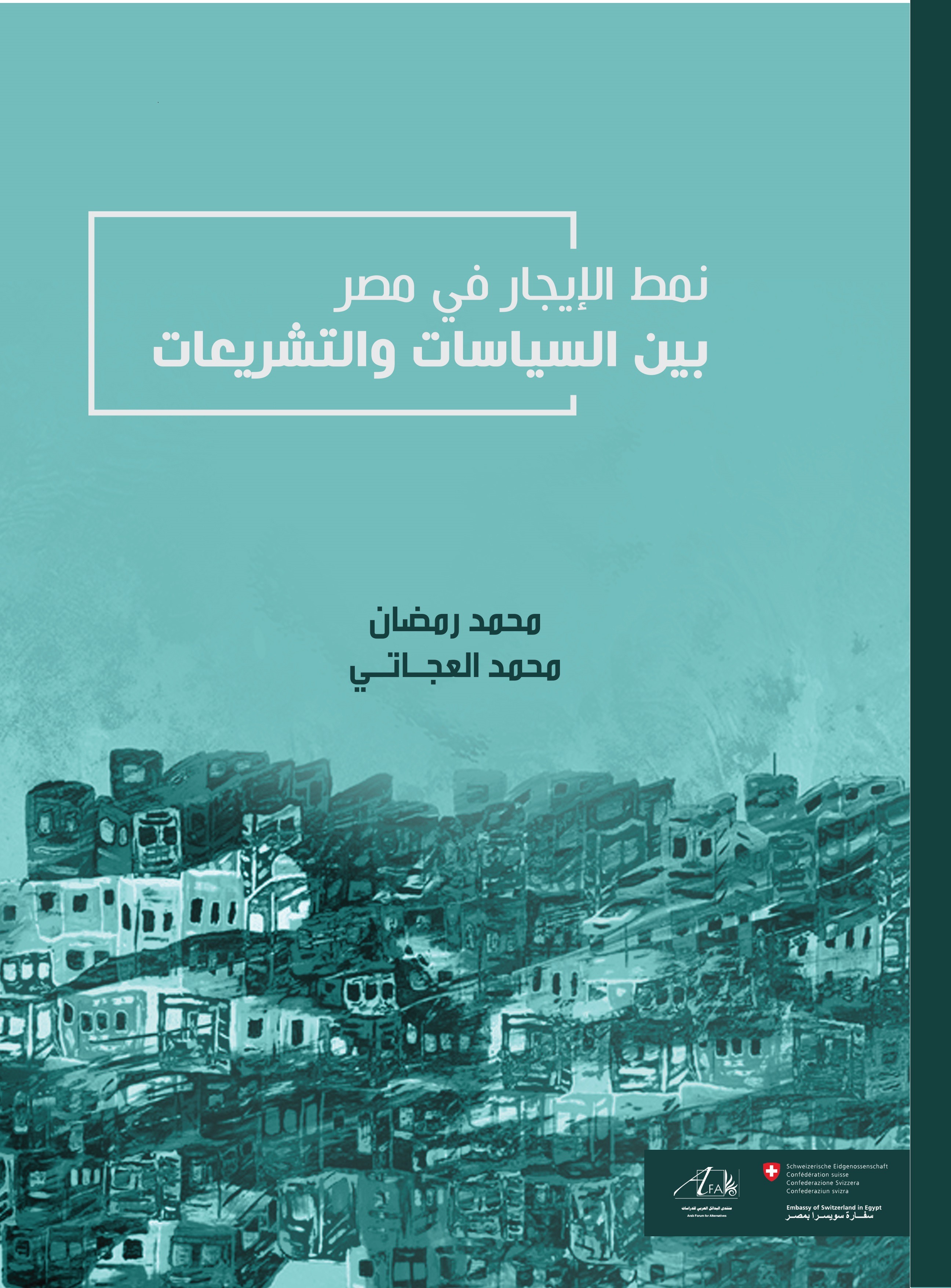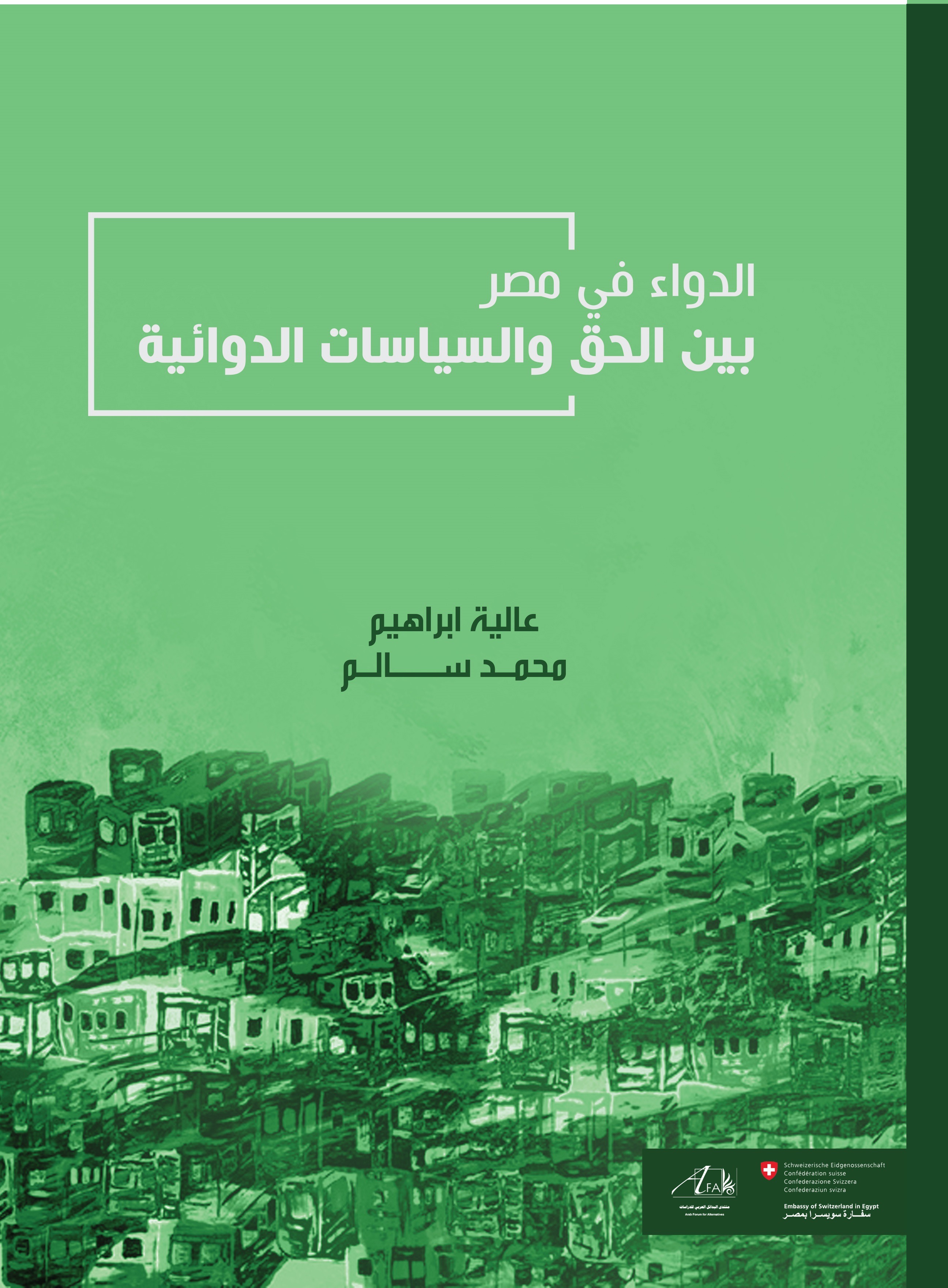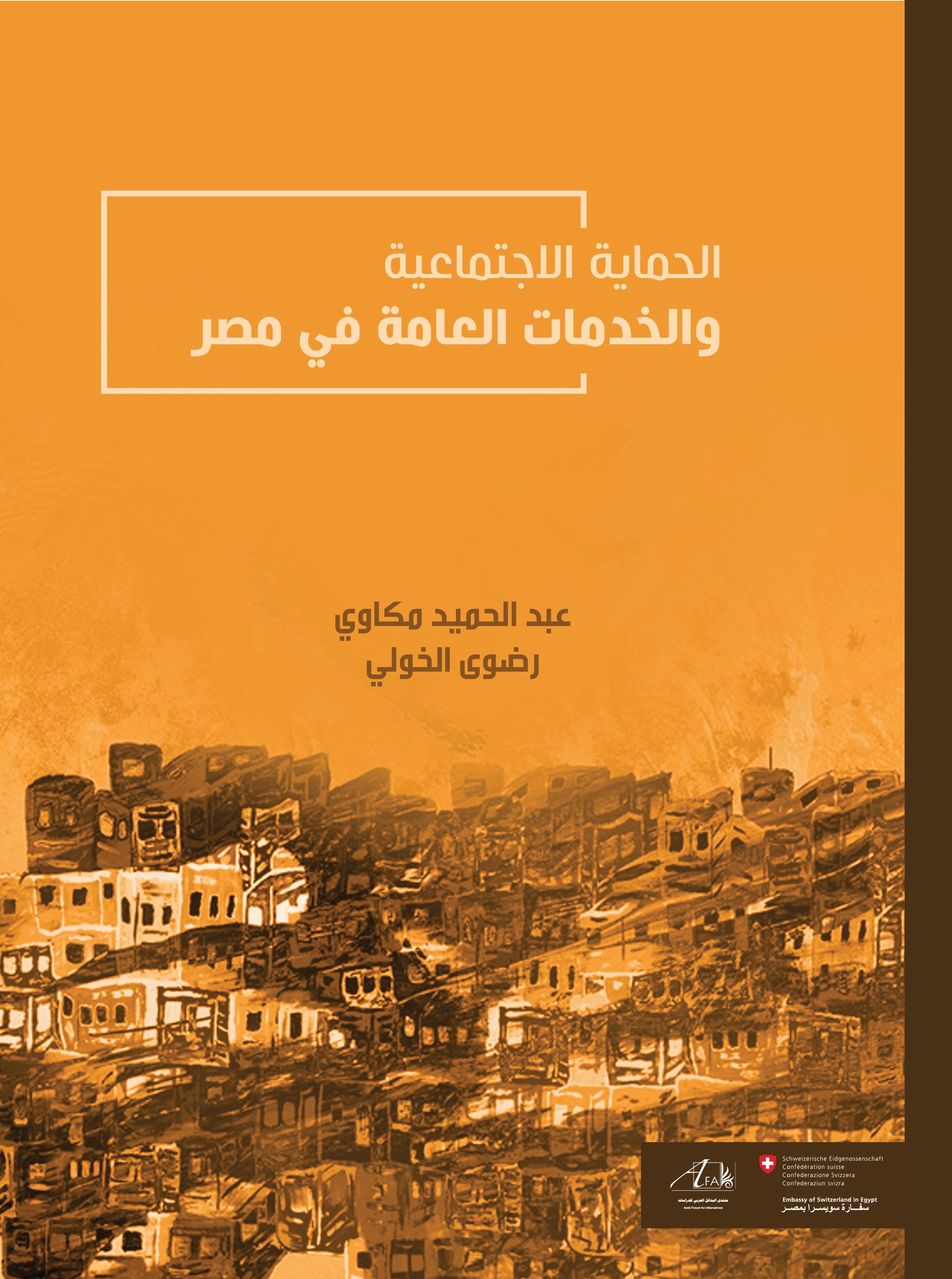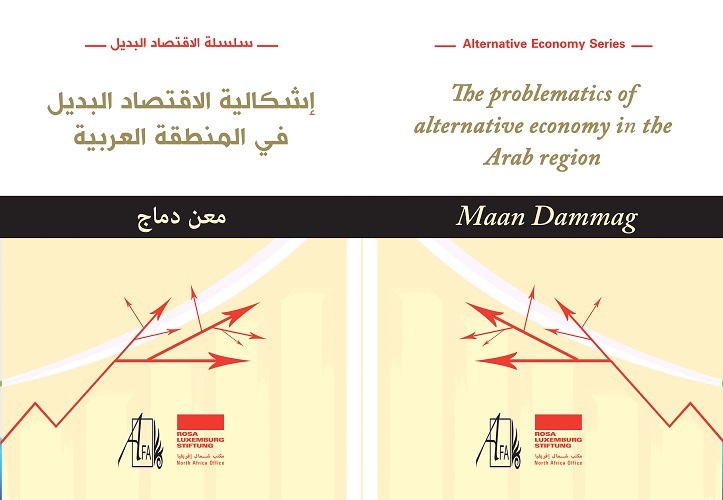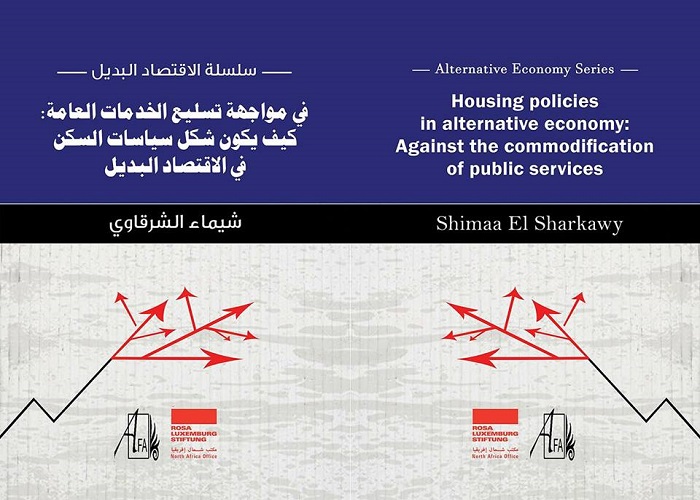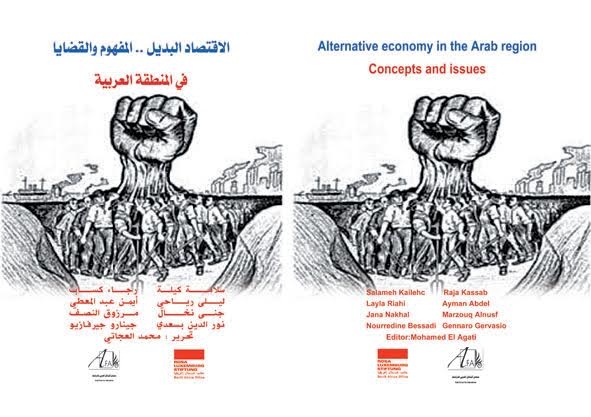“Rent Pattern in Egypt: Between Policies and Legislations”, and its political Recommendations
Shimaa El Sharkawy ,Shimaa ElSharkawyEgyptMohammad Ramadan and Mohammad El Agati. This paper is divided to two parts, the first one provides a vision of how to fix the relationship between the landlord and the tenant through government intervention by two steps: the first one through legislation, and the second one through the efficient implementation of the project and the work on rent control. The second paper discusses the disadvantages of the proposed rent law, outlining an alternative legislative proposal that envisages the relationship between landlords and tenants. The first paper is divided into an introduction, five sections, conclusion and recommendations.…

